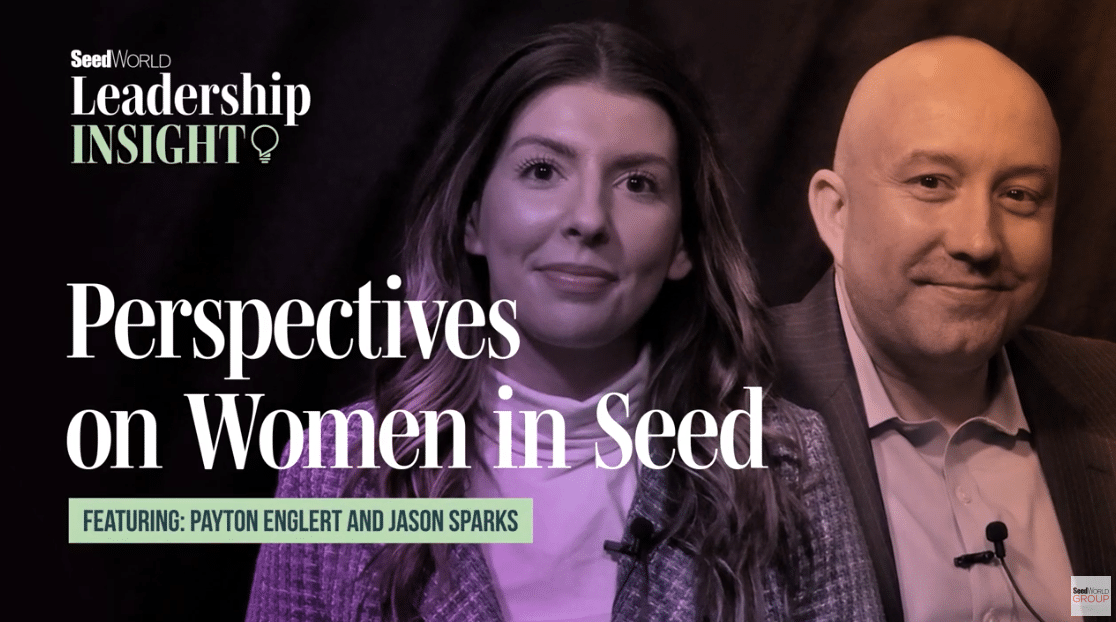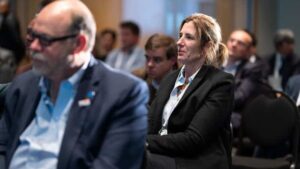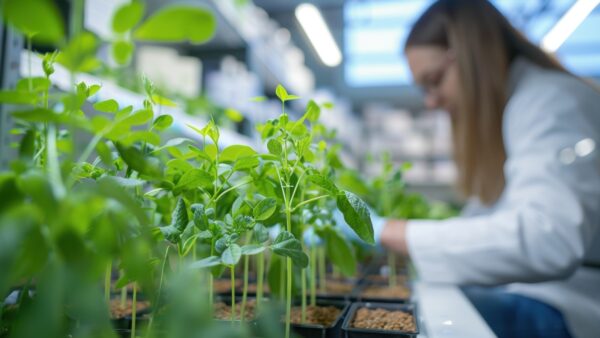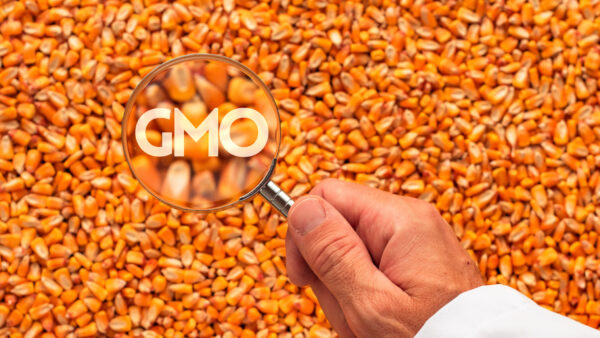
Realizing the industry’s need for more diversity in leadership
Jason Sparks, Syngenta’s global head of communications for vegetables and flowers, recently celebrated International Women’s Day for Women and Girls in Science with his two young daughters. He was surprised that his five-year-old had to ask if girls could be scientists.
“I was showing my daughters some great video content we had as a company,” he said. “It showed some of our female scientists. My daughter looked up at me and said ‘girls can be scientists?’ It’s heartbreaking as a father to think your daughter is already placing limits on her abilities in the world.”
Sparks recently joined Payton Englert, American Seed Trade Association’s director of government affairs, and a host of other seed industry leaders to organize a panel discussion about women in seed, held during the ASTA 2024 Vegetable and Flower Conference in Monterey, California. Seed World U.S. editor Aimee Nielson sat down with them afterward to reflect and talk about the motivations for the panel and the issue of women and other underrepresented groups in the seed industry.
The presence of women in the seed industry is becoming increasingly noticeable and impactful. Englert, a passionate advocate for female leadership in agriculture, shared her insights on the remarkable progress women have made in this traditionally male-dominated field.
“A decade ago, the term ‘seedsman’ was all you would hear,” Englert said. “Now, we have women creating and leading seed companies, occupying positions that were unimaginable just ten years ago.”
This shift Englert described is evident in organizations like ASTA, where women make up the majority of the staff, leading in important areas such as science, regulatory issues and government affairs.
Englert believes the key to increasing women’s leadership in the seed industry lies in continuing the conversations and maintaining the momentum that has been built.
“One of our highest-attended sessions at every conference is always the Women in Seed session. That says a lot about our industry’s willingness to grow in this space,” she said.
Reflecting on her own career path, Englert shared that her journey in agriculture began on her family’s farm in northern Missouri. Despite the traditional roles often associated with farming, she said her family empowered her to have a seat at the table. Transitioning from politics to ASTA, Englert said she found a supportive environment that celebrates women for their achievements and encourages them to succeed.
Englert said ASTA’s culture of mentorship, though informal, creates an environment where everyone feels supported and motivated to win, regardless of gender, race or ethnicity. She emphasized the importance of confidence and continuous learning, especially for women who may experience imposter syndrome in male-dominated spaces.
The conversation around diversity, equity, and inclusion in the seed industry is broadening, with a focus on creating an environment where everyone has a seat at the table.
“We’re an industry founded on innovation and forward-thinking,” Englert said. “It only makes sense that the people making decisions reflect the global diversity of our industry.”
Looking to the future, Englert envisions more women in leadership positions within seed companies and associations. She said that a continued emphasis on promoting women and diversity in the industry will lead to even greater representation and impact.
Sparks added another dimension to this conversation, emphasizing the importance of intentional efforts to increase diversity and inclusion.
“Agriculture is not necessarily a progressive industry in terms of leading the change curve, but the past five years have been the most progressive we’ve seen,” he said.
He highlighted the need for companies to be intentional in their diversity and inclusion initiatives, from ensuring a diverse pool of candidates to examining compensation equity.
“Mentorship and support are crucial, not only from female mentors but also from male allies who play a significant role in fostering change,” he said.
As the industry becomes more globally diverse, Sparks said it will be even more important to respect and appreciate different cultures and challenges. He envisions a future where roles traditionally dominated by males, such as finance and R&D, will show more women rising up in rank, and where the commercial side of the business becomes more inclusive.
Englert’s story and insights, coupled with Sparks’ perspectives, highlight the positive changes occurring in the seed industry, where women are not only participating but leading and shaping the future of agriculture. As the industry continues to evolve, the contributions of women, supported by intentional diversity and inclusion efforts, will undoubtedly play a crucial role in its growth and success.
After more discussion with his daughter about why she questioned whether a woman could be a scientist, Sparks and his wife realized she had not seen much representation in her day-to-day world of women being scientists.
“That brings in the importance of storytelling,” Sparks said. “The more that you can tell a story and promote and highlight these amazing female scientists we have around the world, it helps shift the needle a bit. Younger generations will start to see ‘this can be an opportunity for me. I can be a plant breeder. I can be a scientist or a researcher in an agricultural company.’”
Be sure and watch the full video interview with Englert and Sparks on the Seed World website.













